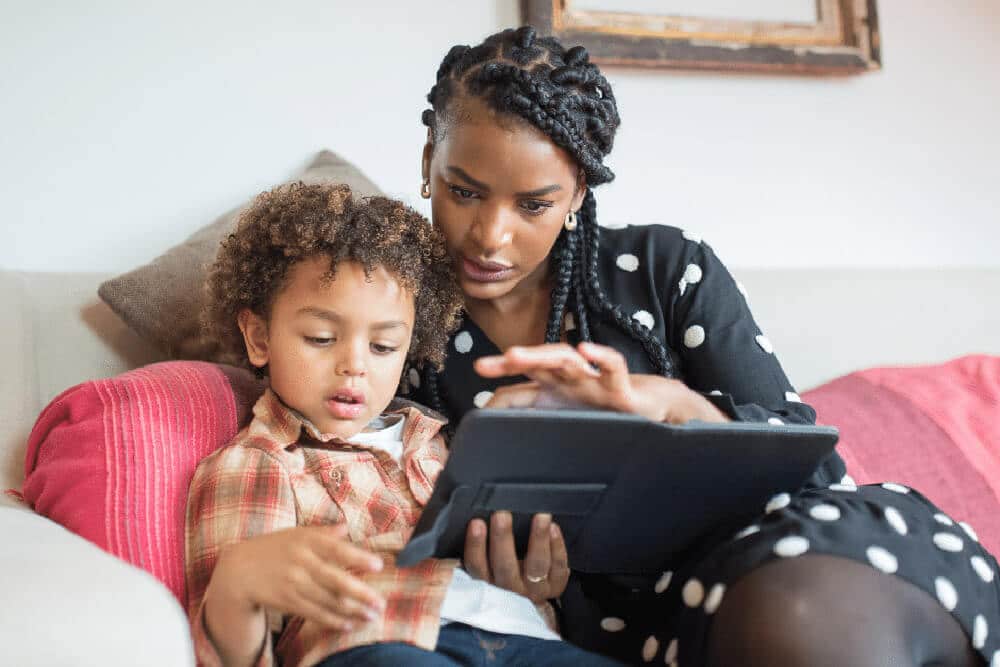From TVs to computers, tablets to phones, today’s children have access to lots of screens. With those screens comes a variety of games, entertainment and media, not all of which is good for a developing child. According to the American Academy of Child & Adolescent Psychiatry (AACAP), children ages 8-12 in the United States spend 4-6 hours a day watching or using screens, and teens spend up to 9 hours. Pediatric Partners of Augusta is dedicated to the proper physical and mental development of your children. Here are some of our thoughts and recommendations for screen time:
Too much screen time
We have seen parents with 2-year-olds glued to cellphone or tablet screens, and the children get mad when the screens get taken away. Too much screen time can lead to a variety of mental and physical problems, including:
Sleep disruption
Lower grades in school
Less time with family and friends
Not enough outdoor or physical activity
Weight problems
Mood problems
Poor self-image and body image issues
Managing screen time
If too much screen time is bad, how do you manage it? First, parents should know that children are never too young for a screen-time plan. AACAP recommends the following, which we agree is a great guide:
Until 18 months of age, limit screen use to video chatting along with an adult (for example, with a parent who is out of town).
Between 18 and 24 months, limit screen time to watching educational programming with a caregiver.
For children 2-5, non-educational screen time should be limited to about 1 hour per weekday and 3 hours on Saturday and Sunday.
For ages 6 and older, encourage healthy habits and limit activities that include screens.
Turn off screens during family meals and outings.
Make use of parental controls.
Avoid using screens as babysitters or to stop tantrums.
For all ages, turn off screens and remove them from bedrooms 30-60 minutes before bedtime.
Obviously, screens aren’t going anywhere. We know there is a lot of educational content to watch, and many games also can be helpful. Let your children share their ideas and concerns. Here are some additional tips to ensure your children are using their screen time appropriately:
Know what your kids are watching or playing and make sure it is age-appropriate.
Talk to your children about what they see on their screens. Point out good behavior, such as cooperation and friendship.
Encourage your children to get involved in activities such as sports, music, art and other hobbies that do not involve screens.
Set a good example with healthy screen habits of your own.
Teach children about online privacy and safety.
Actively decide when your child is ready for a personal device.
Encourage your children to use screens to build creativity and connection with family and friends.
Pediatric Partners can help
Screen time can be educational and productive in addition to entertaining. With planning and consistency, you can ensure your children make the most of their screen time. If you still have questions, don’t hesitate to ask your pediatrician.
Pediatric Partners has three locations to better serve our patients. The Evans office is at 411 Town Park Blvd.; the downtown Augusta office is at 1303 D’Antignac St., Suite 2600; and the new Grovetown office is at 5135 Wrightsboro Road. For more information about Pediatric Partners, call the office at 706-854-2500, visit PedPartners.com, or follow the Pediatric Partners of Augusta Facebook and Instagram pages.




